1.- Early stimulation |
||
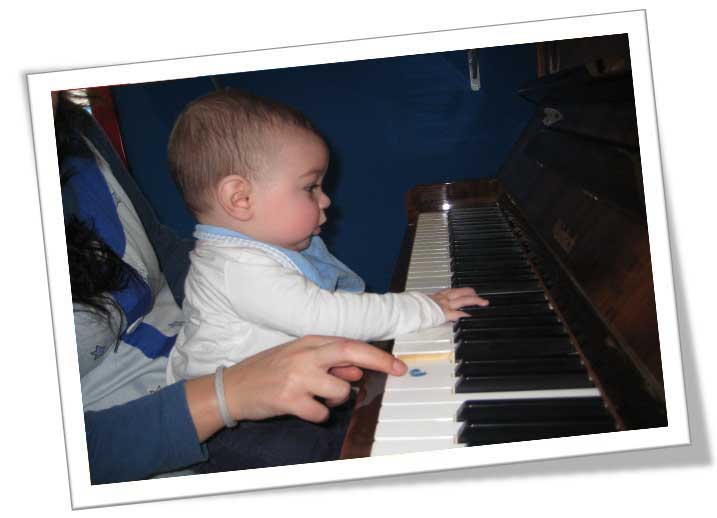 |
In Violonchelo Blue we follow a quality project designed to stimulate and strengthen the child's abilities and knowledge. It is based on our awareness of the benefits of early schooling:
|
|
2.- The development of the child's mobility |
||
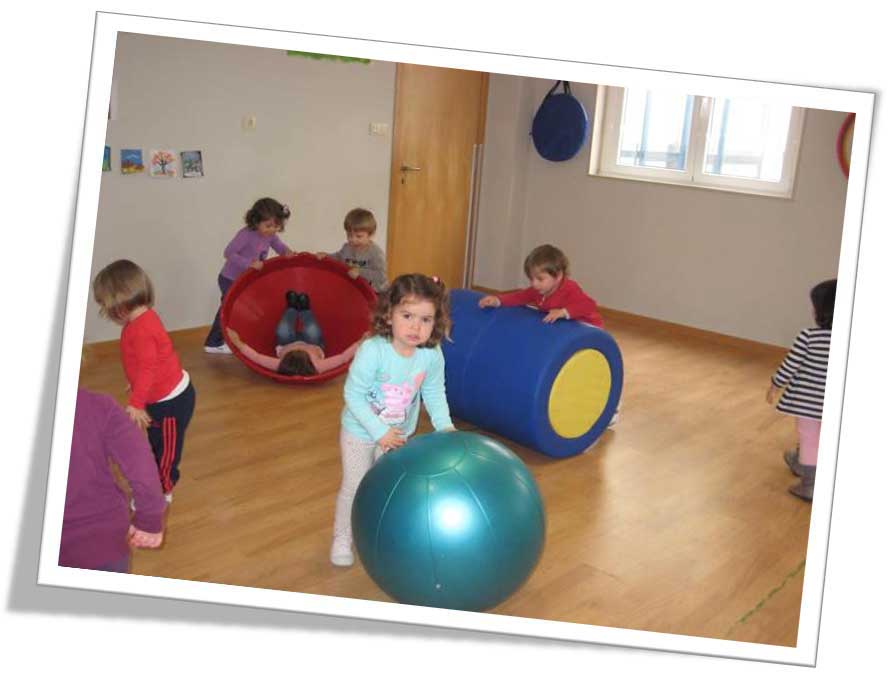 |
Thanks to psychomotor exercises we stimulate the development of the child's mobility: Gross psychomotricity: special concepts, sense of balance, control of their own body.
Fine psychomotricity: eye-hand coordination, greater manual skill and ability.
| |
3.- English |
||
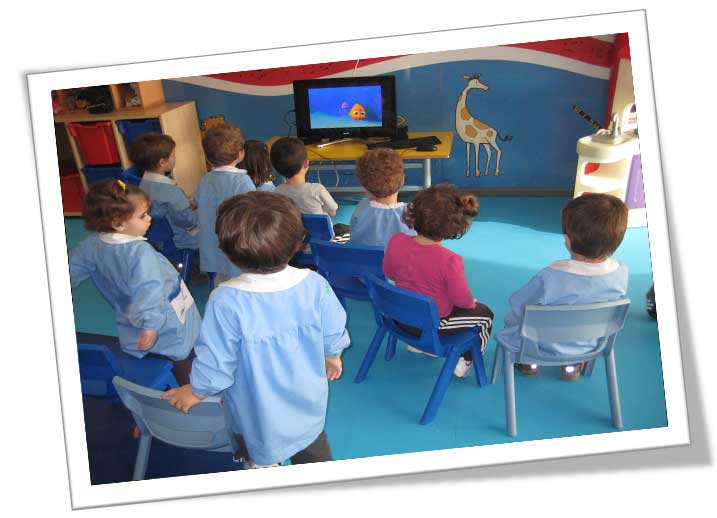 |
Violonchelo Blue is aware of the need for children to learn a second language from a very early age. This is the reason why we decided to base all our educational model on the acquisition of the English language. For this reason, while the child is in the classroom, English is spoken at all times. Spanish and Galician are spoken in the play areas. In this way, learning a foreign language becomes much easier in the later stages of their development. |
|
4.- Music |
||
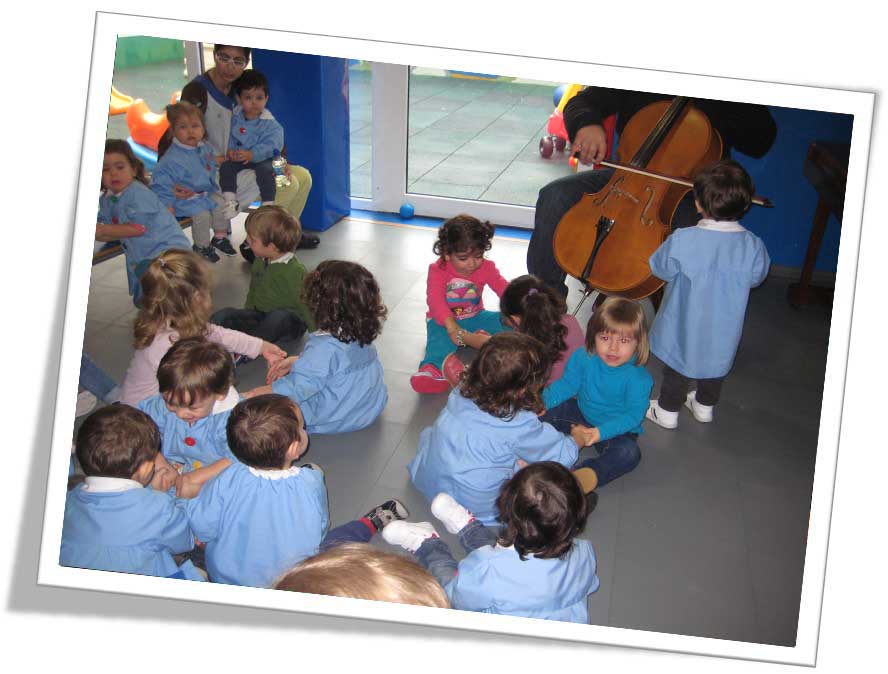 |
Through a musical education we wish to breed into the children the sensitivity to get the musical message (to understand music) and to educate their hearing, their voice and their rhythm. These will be the objectives followed along this schooling stage. To do so, the child must acquire an auditory education related to the concepts of sound and silence. Besides, this will help them as a vehicle to stimulate and improve their hearing sense, something fundamental in language acquisition. Sensorial education has a vital position in musical education, for it is the starting point to awaken other human faculties in the child. The methods used must be active and stimulating in order to provoke curiosity and interest in the child. | |
5.- Creativity |
||
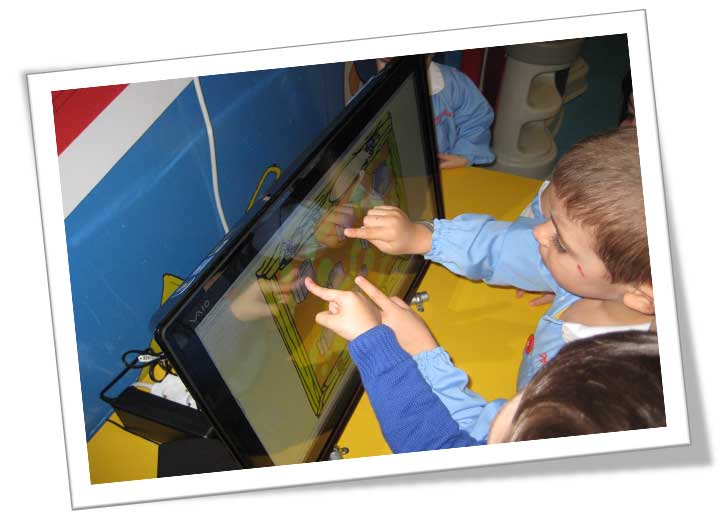 |
We encourage creativity through fun activities, disguises, art, music, traditional games, the use of new technologies, story-tellers… We introduce the child into the world of mathematics and new technologies by teaching the numbers and counting, by teaching about measures and geometry, by teaching to classify into sizes, shapes or colours. This is all done using the touch-screen computer in a musical and fun way. |
|
6.- Getting to know the nature, tours and nature |
||
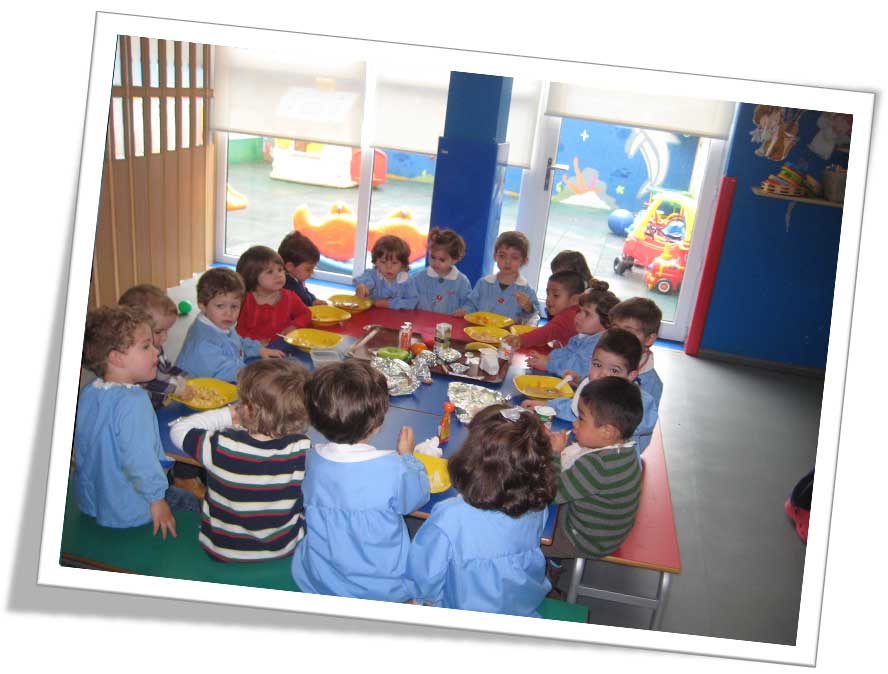 |
We stimulate the communication with the other girls and boys in the classroom. We encourage the children to share, which is not incompatible with being autonomous, polite and patient. That is to say, we teach the babies to express their feeling but always baring in mind the respect to others. Both inside and outside the classroom, we teach the children about the environment that surrounds them. The privileged location of the school allows us to do open air activities, garden activities, etc. We believe that excursions from an early age contribute to the development of the child in several areas. For this reason, the school is in favour of complementing the learning process with outings as an element and as a part of the classroom syllabus and also as a leisure activity that enriches and strengthens the contents learnt in the school. |
|
7.- The family |
||
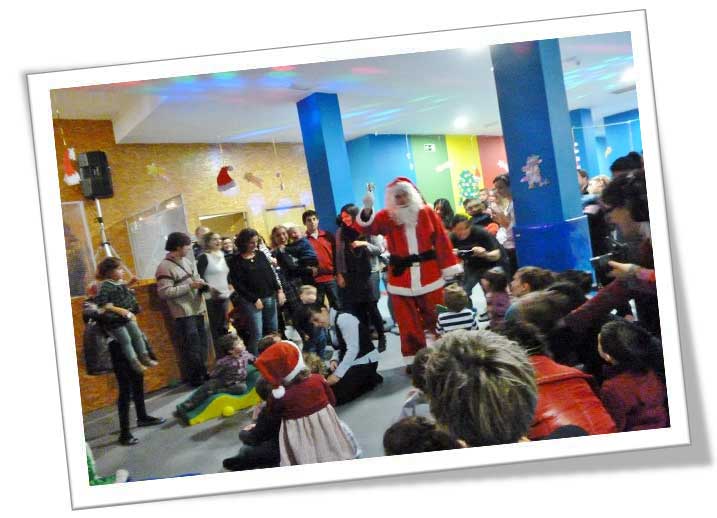 |
We believe the family to be the base on which society is built and the central concept around which the child and teenager must give his first step. This is the reason why we encourage the families to participate in the school parties. We open our classroom doors to fathers, mothers, grandparents, etc so that the child doesn't feel the school as something strange. We wish the children to feel at home. |
|